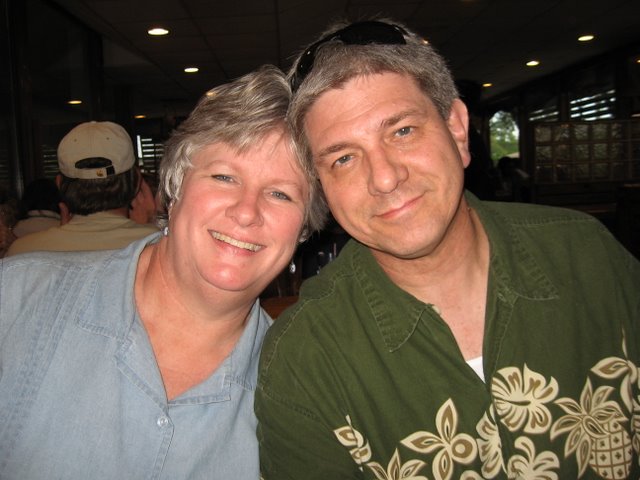Kent Anderson brings up an interesting survey from Thom Rainer (Surprising Insights from the Unchurched), some preachers only spend two hours a week in sermon preparation. It sometimes takes me two hours just to find the images I want for my PowerPoint slides. Seriously, there are times when other factors in my week limit my sermon preparation time but I've always felt that at least 10 hours per sermon was a good investment. Charles Hodge has pointedly stated that preachers ought to spend one hour of study for every minute preached. That means I should spend 50 hours a week studying for my two weekly sermons (my sermons are typically around the 25 minute mark). 50 hours plus at least 20 more in meetings, visits, etc. I'm not a work-oholic. Instead I spend about 20 hours a week in preparing for my sermons, which means a little under half my week in actual time.
Sermon preparation consists of reading the text, studying the text myself (word study, context study, historical background, etc.), thinking through possible applications, thinking through the outline for the sermon (my outlines don't always have a 3 point plan), gathering images for the slides, an idea for the introduction (I like to start off the sermon with something to get the congregation thinking), and making sure I have an adequate conclusion. I think my conclusions are the weakest part of my sermons and so I struggle each week with this knowledge.
Of course the adequacy of this preparation is limited by my personality. I'm a big picture thinker and not a detail thinker. So I don't always spend time thinking through the details as thoroughly as I should. Often I think I've got the big picture covered and my optimism tells me that's enough. After I preach a sermon I always come up with ways I should have done it. I guess I can understand what Paul means when he says that our adequacy comes from God (2Cor.3:4-6). It is comforting to know that God is able to use our imperfect and meager attempts and still accomplish good results.
Subscribe to:
Post Comments (Atom)


4 comments:
Does Charles Hodge only spend time traveling around visiting congregations, or does he minister to one individual congregation as well? I know I can't speak from experience, but I do know that the ministers in my life who've had the biggest impact were not just impacting me from the pulpit. I don't see how you could spend MORE than 20 hours on your sermons & be the minister to your congregation that you are. One of your strongest points is that you take the time for the individuals in your congregation, you visit them, seek them out when they're struggling, etc. I wouldn't want to see you take away from your time making being there for the people to work more on your sermons.
I think that's a good point you make about our adequacy coming from God. That IS comforting. So that means I need to dwell less on what I should have done after the fact, & spend more time before praying that God will still use me for His purpose.
lisa, you bring up the big balance problem for preachers.
part of it is that many churches don't have Shepherds and the preacher does it. I am not saying a preacher (whether the church has elders or not) is exempt from visiting and ministering, but there is little division of labor, or clearly defined roles,
the preacher does what needs to get done, often to the neglect of other things that also need to be done...
it is a conundrum that most preachers deal with weekly.
maybe training and allowing other men to preach one of the lessons on Sunday would help, most churches want the preacher to do it because he is "more qualified" or better at it.
Lisa,
Charles spent many years working with congregations as the located preacher. I think he was at one for 23 years. Charles is a unique bird if he actually spent 1 hour in study for every minute he preached. The problem in balance is that our sermons are the most visible part of our ministry. If we don't grow through study and reading then it shows. Sometimes our relationships overcome our inadequacies in the pulpit and sometimes they don't. Sometimes it depends on those to whom we minister. We can spend our time with the wrong crowd, meaning that we don't minister to the opinion-makers in the congregation. Brian is correct - balancing all parts of our ministry is difficult.
Brian - I know of a preacher dealing with low attendance at his congregation during Sunday PM services. He suggested that they dispense with PM service - maybe even do something different, like small groups. Someone during the meeting wondered how dropping PM service would effect his salary since he no longer would be spending time in sermon preparation.
Good post. Rainer also has a good book on involvement called "High Expectations." I think it is a book ministers should read. Take care
Post a Comment